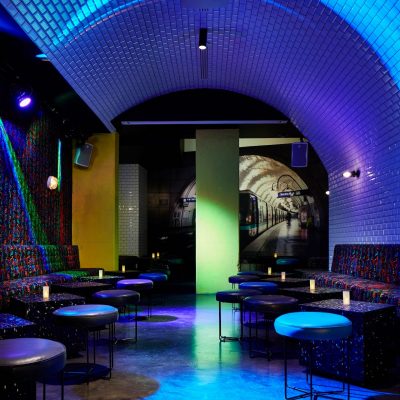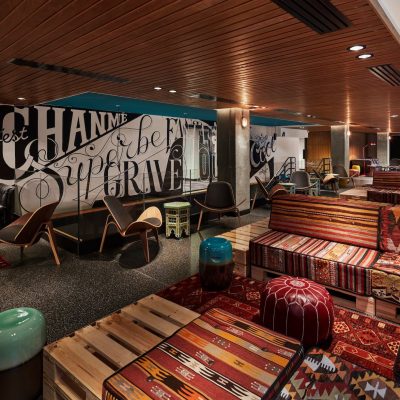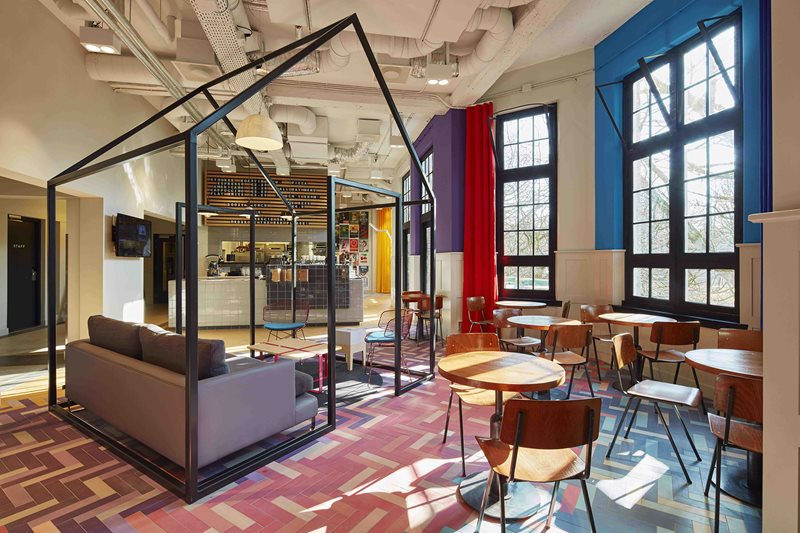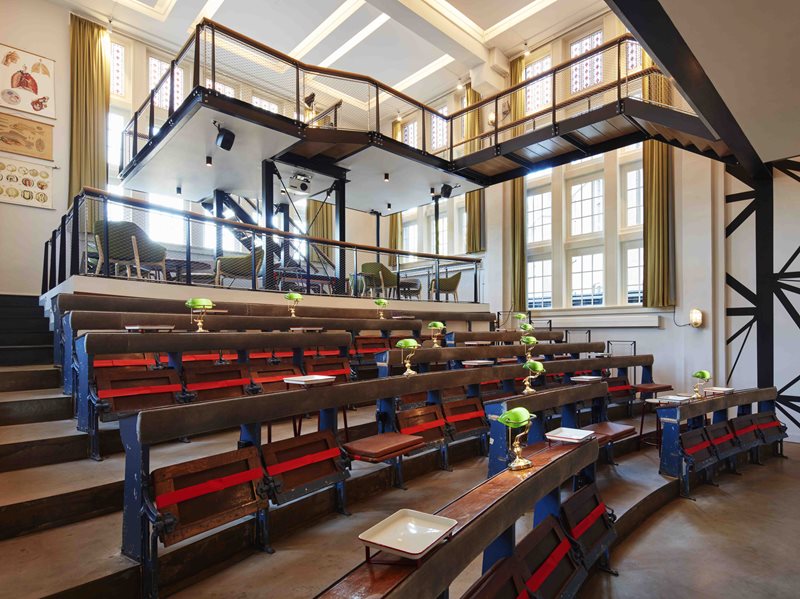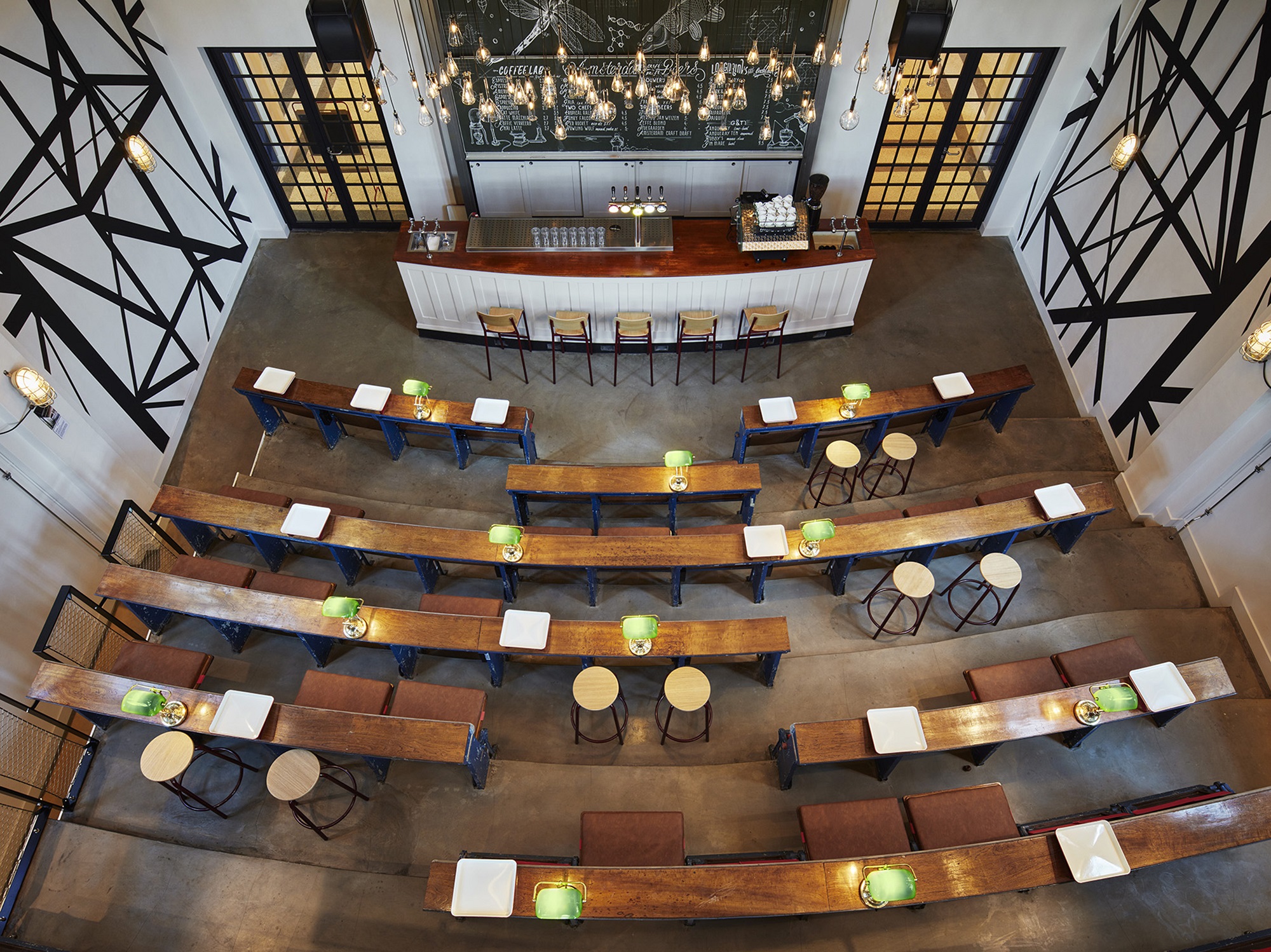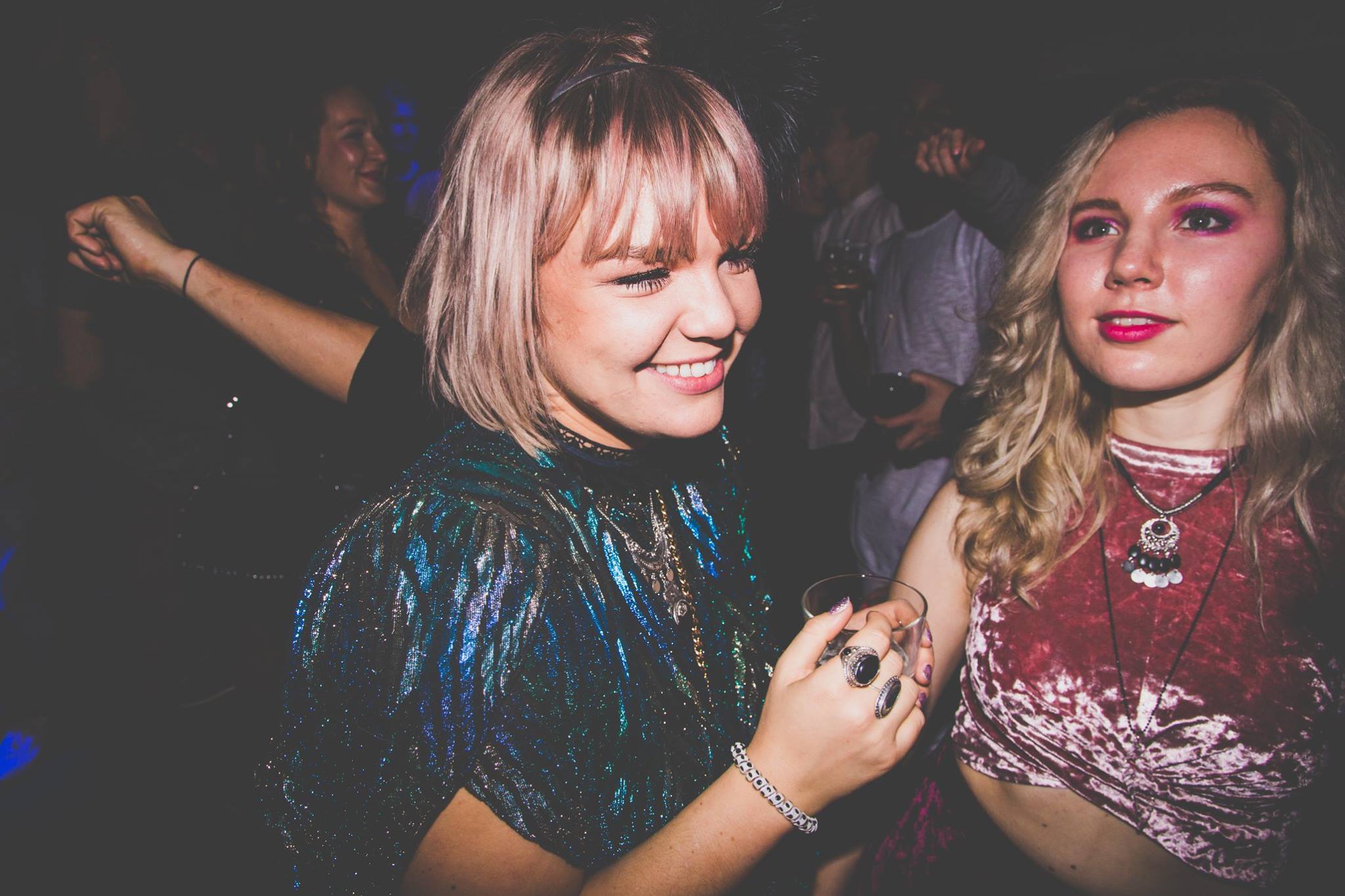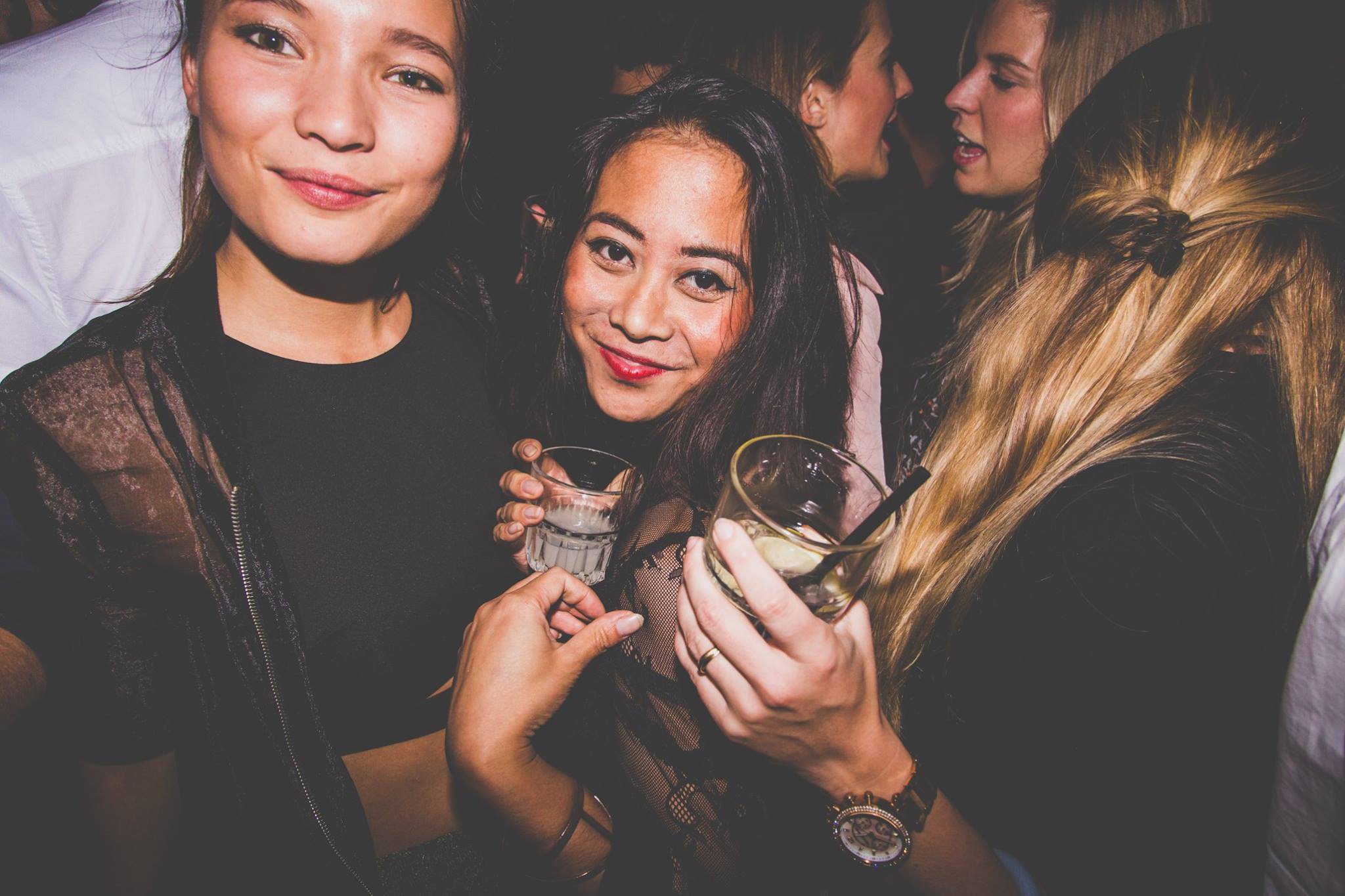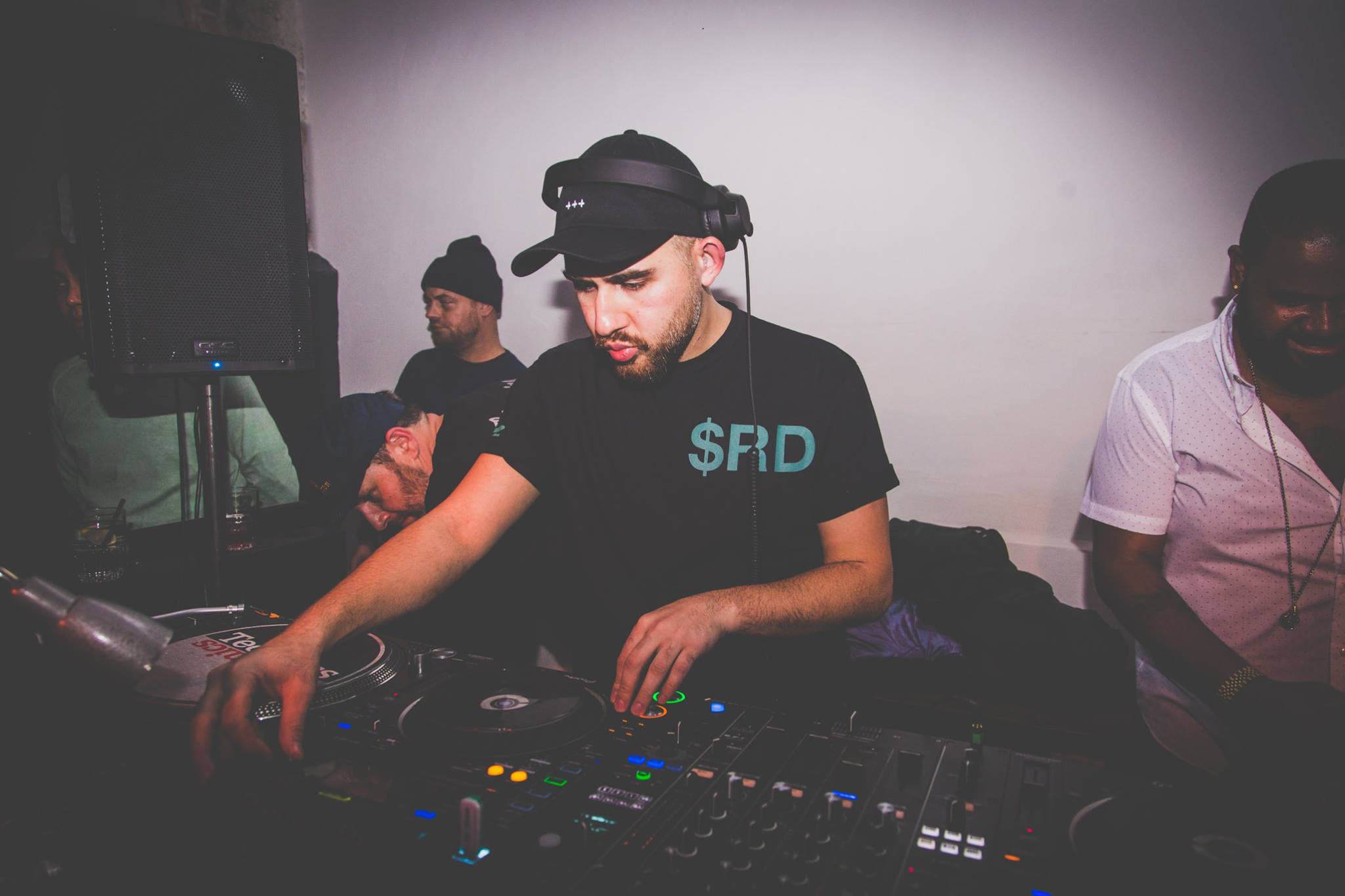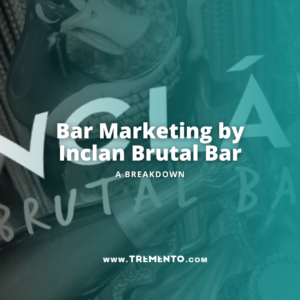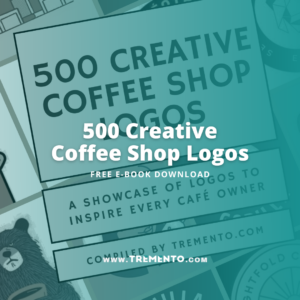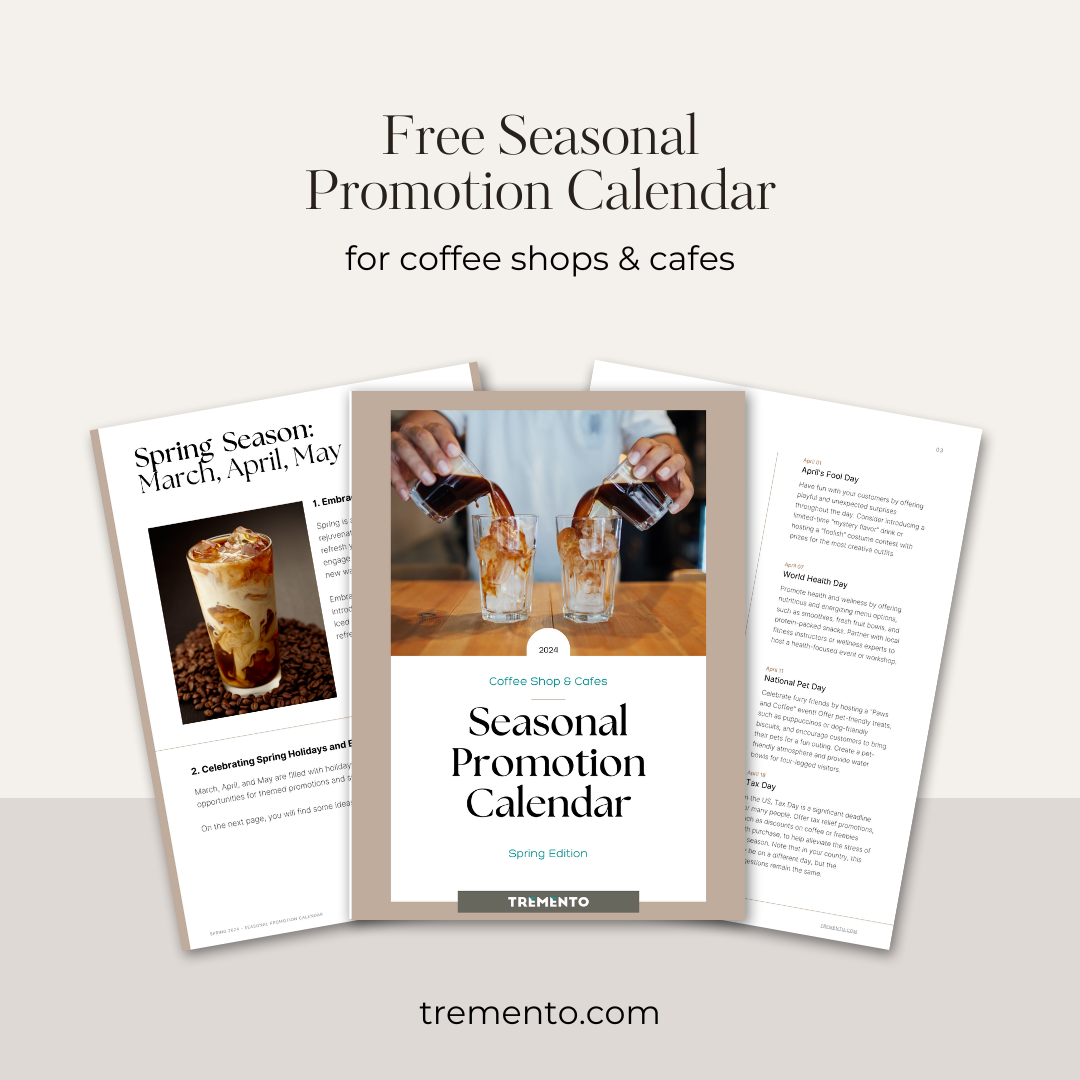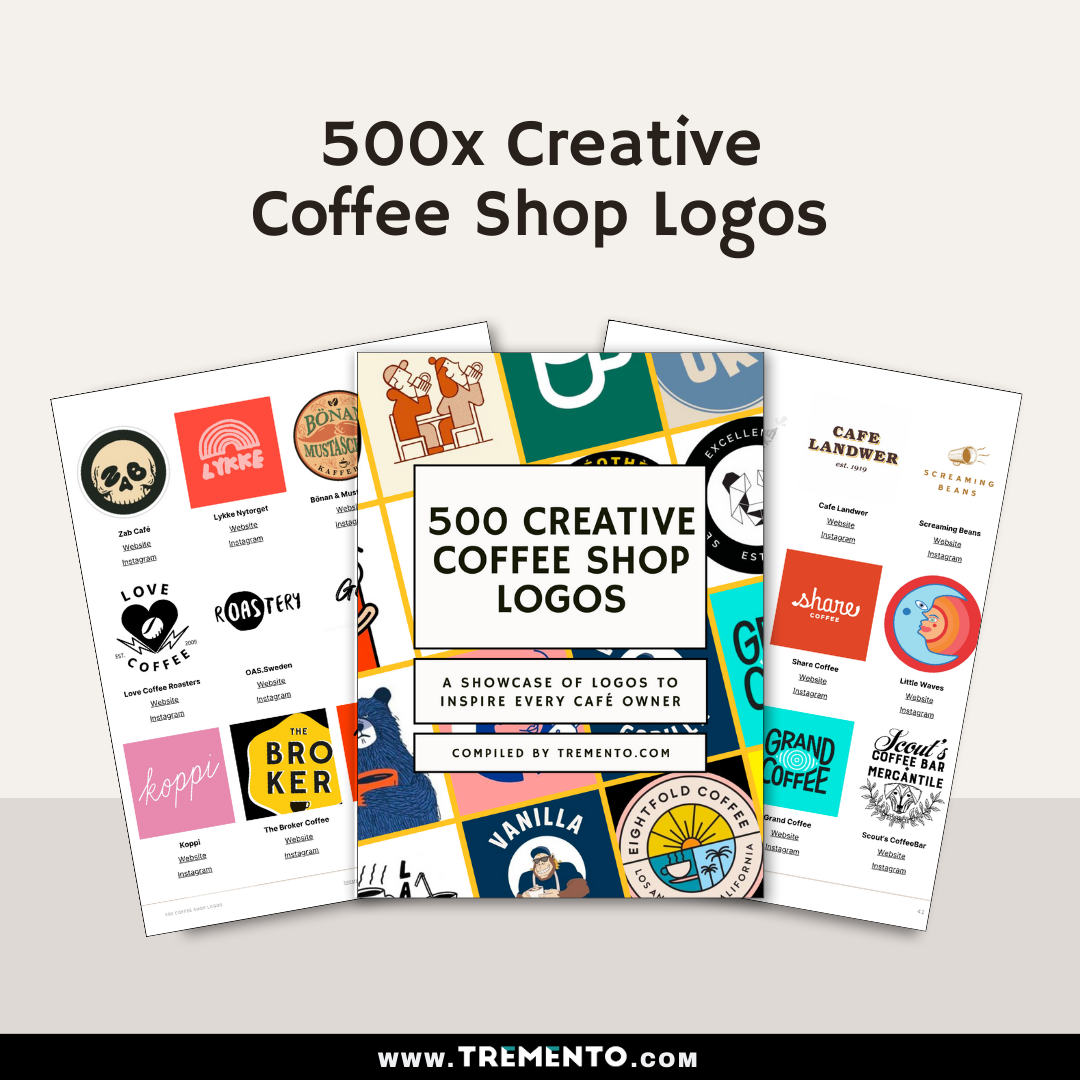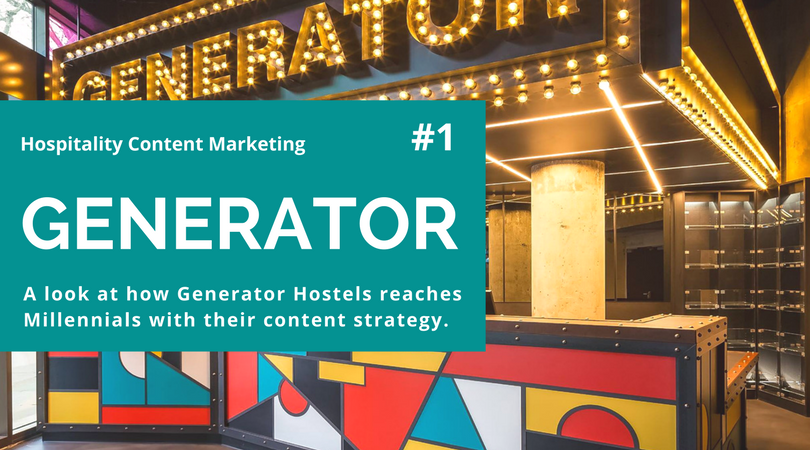
The currently biggest player in the hostel field in Europe is Generator Hostels. Generator’s focus is 100% on Millennials: social media, culture and design play big roles in each and every one of their locations. They try to live up to the demanding requirements of Millennials, including free high speed WiFi, communal areas, fun art and culture. Through a strong content strategy this hostel chain is winning the game in Europe.
What’s up with Generator?
Generator Hostels was found in 1995 with one single property in London. They currently have 12 hostels running, with two more opening soon. All 12 hostels they have right now are located in Europe. Generator Hostels offer the combination of a hotel’s hospitality and high-class design with the personal feel of a hostel. They create a mix where guests get to stay in comfortable rooms, surrounded by art and culture, but also get the opportunity to get in touch with other travelers and locals.
Generator says that their “successful concept begins with the award winning interior design; continues with the locally inspired, carefully curated events and the extraordinary food and beverage offerings; concluding with the best night’s sleep in our bespoke beds in shared or private rooms.”
Generator’s mission is to become the world’s leading design-led hostel brand. Their growth has become bigger over the last few years. They only opened their 3rd location in 2011. This means they acquired 9 new locations in 7 years (with two more opening soon).
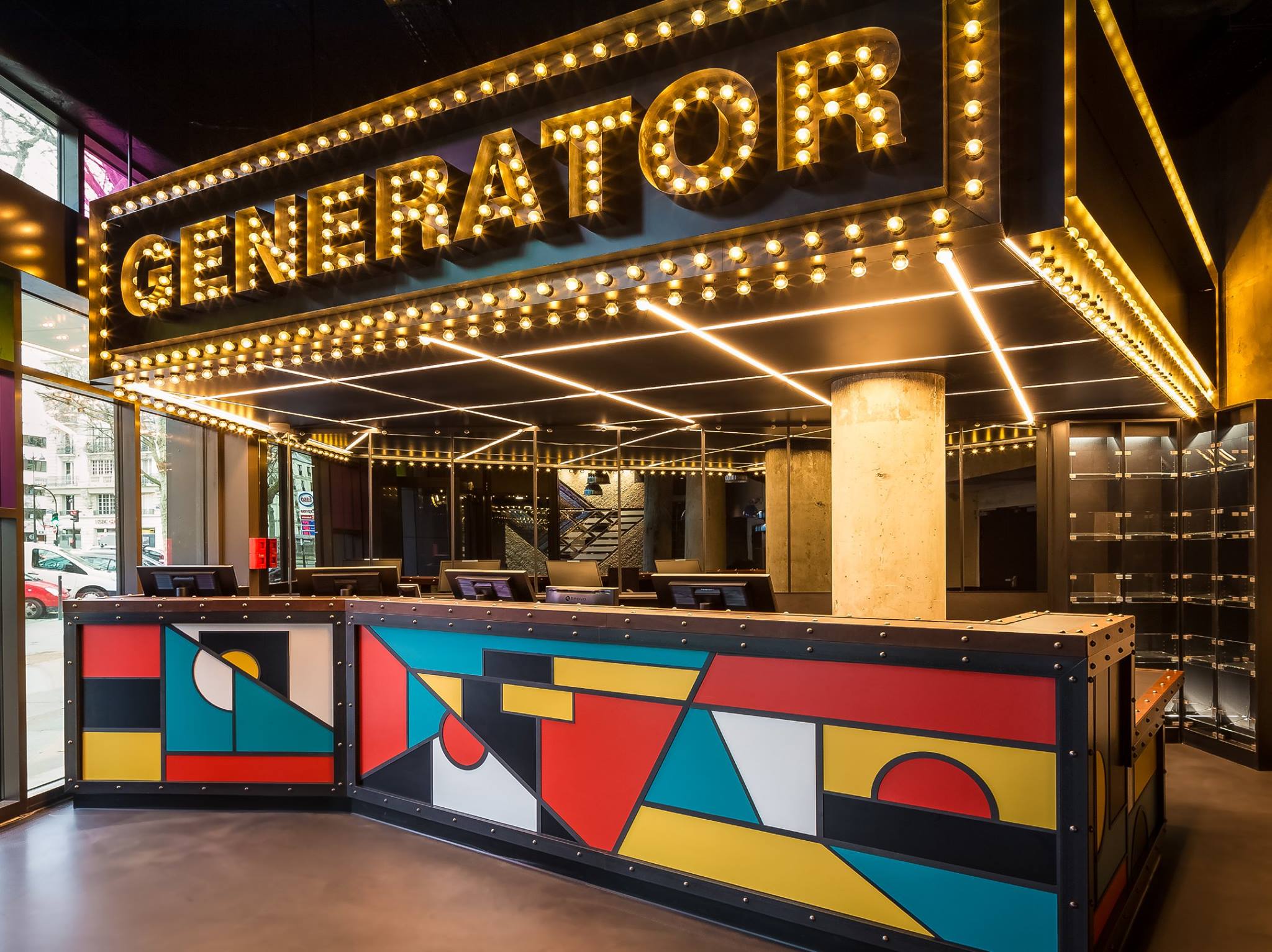
More than beds
Another interesting aspect is that Generator Hostels are actually not “Generator Hostels” anymore: they removed the Hostels part from their brand and are now just ‘Generator’. So you got your Generator Amsterdam, Berlin and London. Why did they do this?
Because they want to show they are not only a place to lay your head down. They want to become a spot where you enjoy a complete experience. They manage to do this by creating special places within and near the hostel and hosting certain events.
Photos from the Generator Facebook Page
Generator Amsterdam has it all
An example is Generator Amsterdam. This hostel, which has space for the stunning amount of 564 guests, has its own café, bar and underground venue. Their café, Nescio, offers both day and night time dining, good coffee and a locally inspired menu. The café is a bright venue, boasting wall graphics by local artists, hip interior design and… a veranda where guests can dine while taking in the Oosterpark views.
Their ‘Auditorium bar’ is located in a multi-level, former lecture hall and forms a perfect working place during the day whereas it turns into a late night bar after the sun sets. It’s connected to their very own library, which is a ‘hidden sanctuary of calm’. A place to read a book, do some work and relax, and which can also be hired for private events. Then last but not least they have their ‘Oosterbar’, which is an industrially designed underground venue. A space with an energetic vibe, cocktails, cold beers and pumping music.
Photos from the Generator Facebook Page
Tickin’ all the Millennial-Needs boxes.
The Generator Amsterdam ticks all the boxes for Millennials when it comes to their needs, demands and expectations.
- A convenient location
- A variety of communal spaces where the visitor can also meet locals
- Free reliable WiFi and spots to do some work
- Parties and events hosted by the hostel
- Food & beverages on site in their own café and bars
- Cool and locally inspired design
- Focus on local culture, integrated in the hostel
- Bicycle rental
- A library to read
- Innovative technology
- Expert view on location: providing guests with all the inspiration and information they might need through their own media platform Parallel
- Safety: Generator says their values are: stylish, social and safe. “By ensuring we have the on brand team with the passion and local knowledge to make our guests’ stays memorable, we put the interests and safety of our guests and customers first.”
- All necessary basic amenities that Millennials expect
Photos from the Oosterbar Facebook Page
But what makes them stand apart?
Generator is, however, not the only hostel in Amsterdam. They got quite some competitors in this buzzing Dutch city. What about Ecomama, which has work by local artists (some of them staff!) and uses material from the building’s previous function (a large travel agency office). Their environmental concerns in combination with their low prices and convenient location make them a decent competitor, right?
Their focus on locals is also precisely what Millennials seek: “We might go out to an organic beer brewery, take you on one of our personalized Red Light district tours or during summer, put on your sunglasses and join us on our canal boat. The idea is simple. We want you to be able to connect with MAMA’s residents, experience the city like an Amsterdammer and share the beauty of it all with your fellow travellers.”
Or the StayOkay Hostel near the Vondelpark? Also conveniently located, well-designed and hosting events almost every day, from dinners to movie nights, live music and game nights.
There are two main differences. Number 1: both Ecomama and StayOkay are way smaller than Generator with either only 1 location (Ecomama) or only hostels in the Netherlands (StayOkay). So visitors can’t be already familiar with these hostels if they’ve never been to the Netherlands before – meaning Ecomama and StayOkay both are facing the challenge of winning a potential visitor’s trust for the first time.
Then number 2, their content strategy. Both Ecomama and StayOkay are quite active on social media, however, they don’t have a blog or a place on their website where they offer their (potential) guests with more elaborate information about their location. This is where Generator truly thrives. They 100% win when it comes to content marketing and strategy.
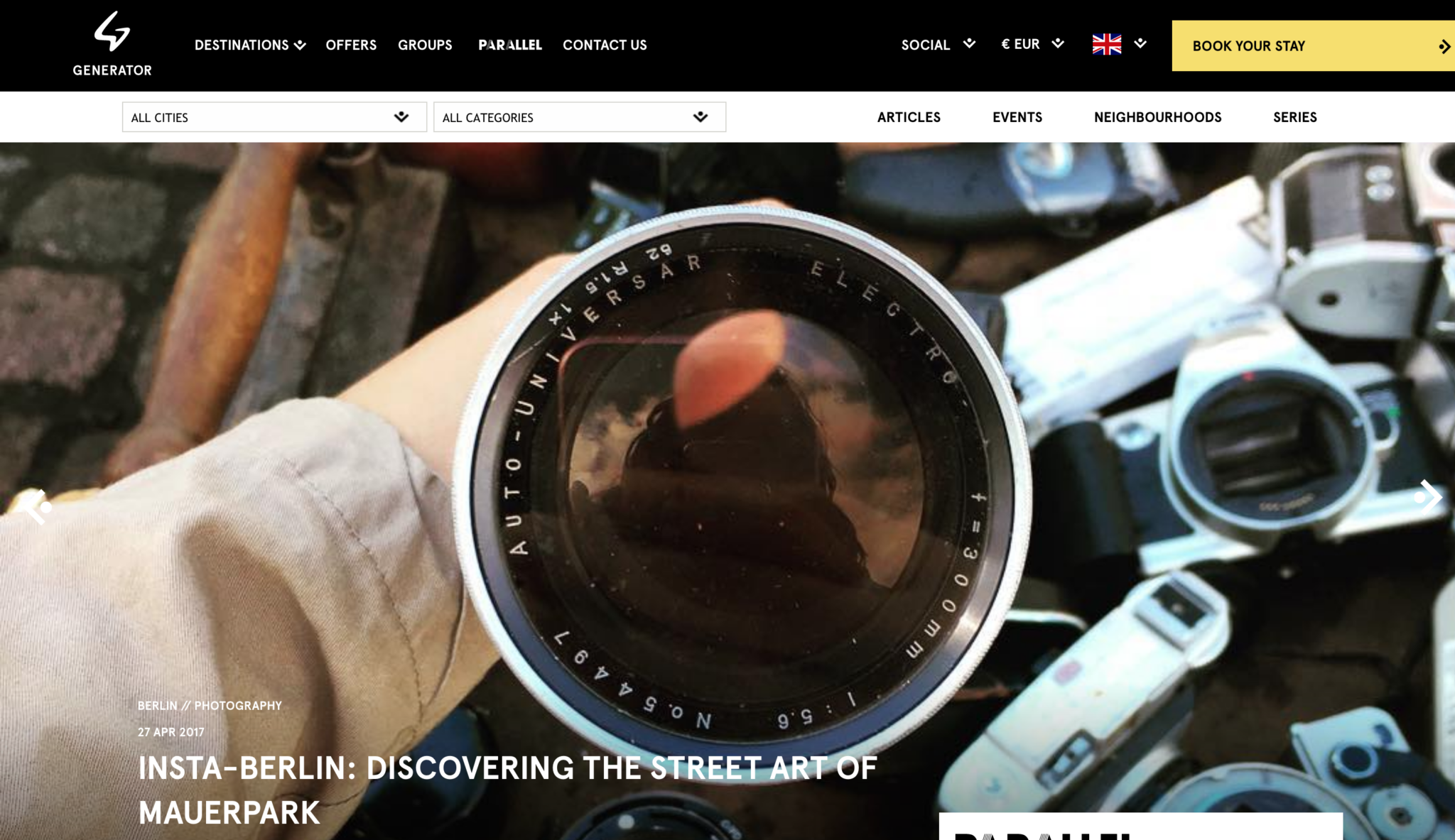
Parallel, their own online magazine
The thing that helps Generator really stand apart is Parallel, which is their very own online magazine. On this platform, Generator constantly provides guests with fun articles about the latest and greatest from their locations. Upcoming events, cool hotspots, tips regarding what to do in in the hostel’s neighborhood and so on. They then go on to promote these articles on their Facebook, where they also share user-generated content, short videos and articles by third parties (magazines, websites, blogs) they’ve been featured in.
What is good about Parallel?
- Insider tips about the surrounding area of the hostel
- Articles about what interests Millennials: art, culture, music, food, drinks
- Option to filter on city and/or category
- Information about different neighborhoods per city
And what is there to improve?
- Content is not that regularly updated. Even worse: the latest post for, for example, Amsterdam is from August 2017. That means they skipped on for example Christmas markets and the typical Dutch festivity ‘Sinterklaas’. There are so many things they could’ve written about to inform their readers about events, culture and art, yet they didn’t.
- The content distribution. They should be sending people from their social media accounts to Parallel but they are barely doing this.
- The types of content. Parallel hosts a couple of videos and has pretty pictures along with their posts, but there’s nothing innovative there.
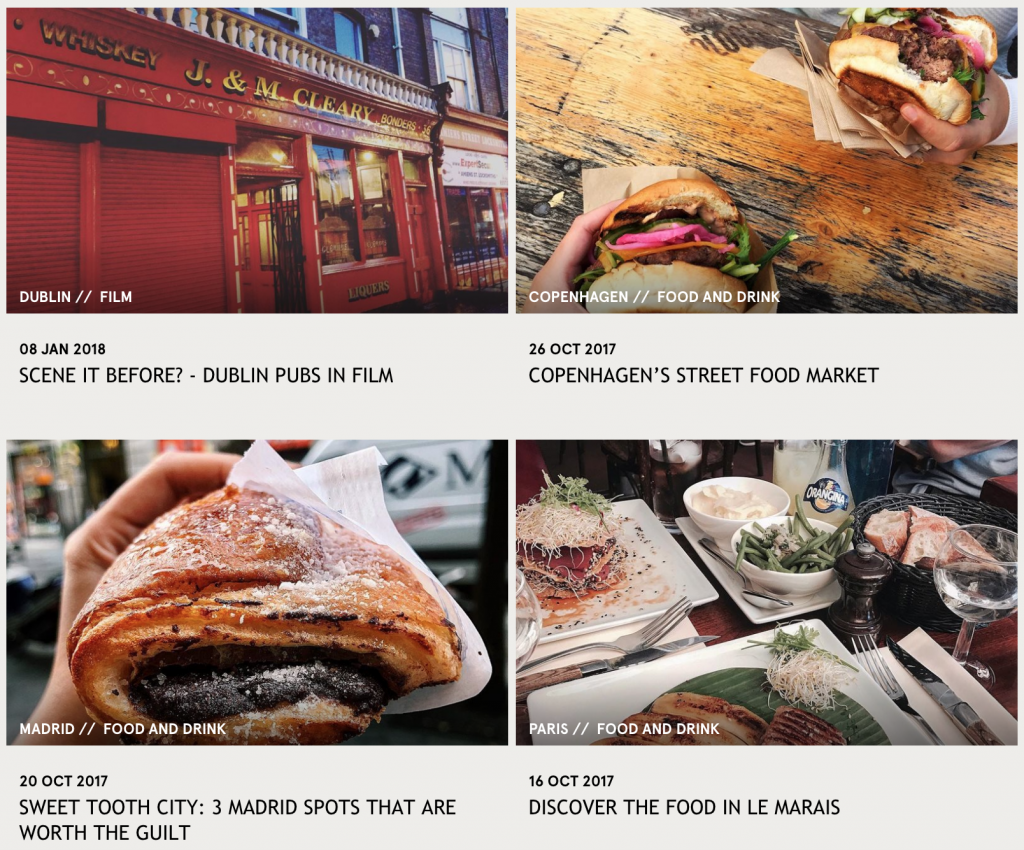
Conclusion
Generator is doing a great job at being the currently leading hostel chain in Europe. They are providing guests with high-end design, curated events and locally inspired food and art. They are one of the few hostel chains in Europe that has multiple locations and provides the mix of design, service and community. Their content strategy is what truly sets them apart from the rest. It makes them a thought leader when it comes to providing guests with information. The other hostels lack in offering their guests insights when it comes to the destination – or at least they do so online. Generator wins in this sector. This, combined with the entertainment quality of the content, the share ability and their active social media channels make them the no. 1 hostel currently out there in Europe for Millennials.

